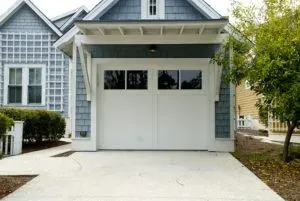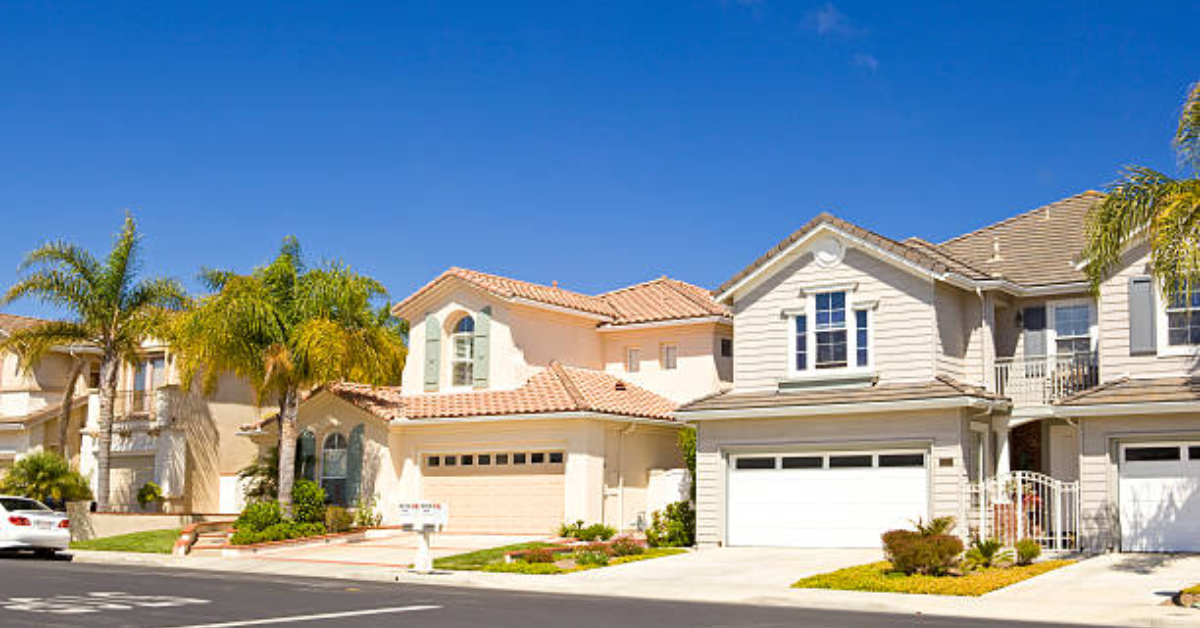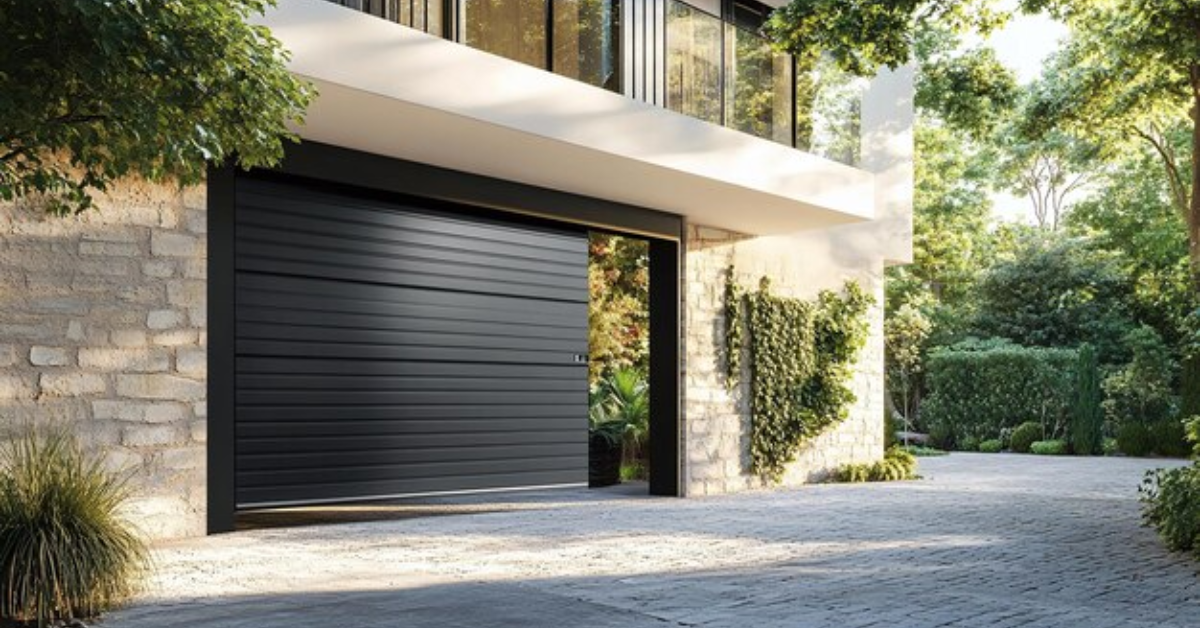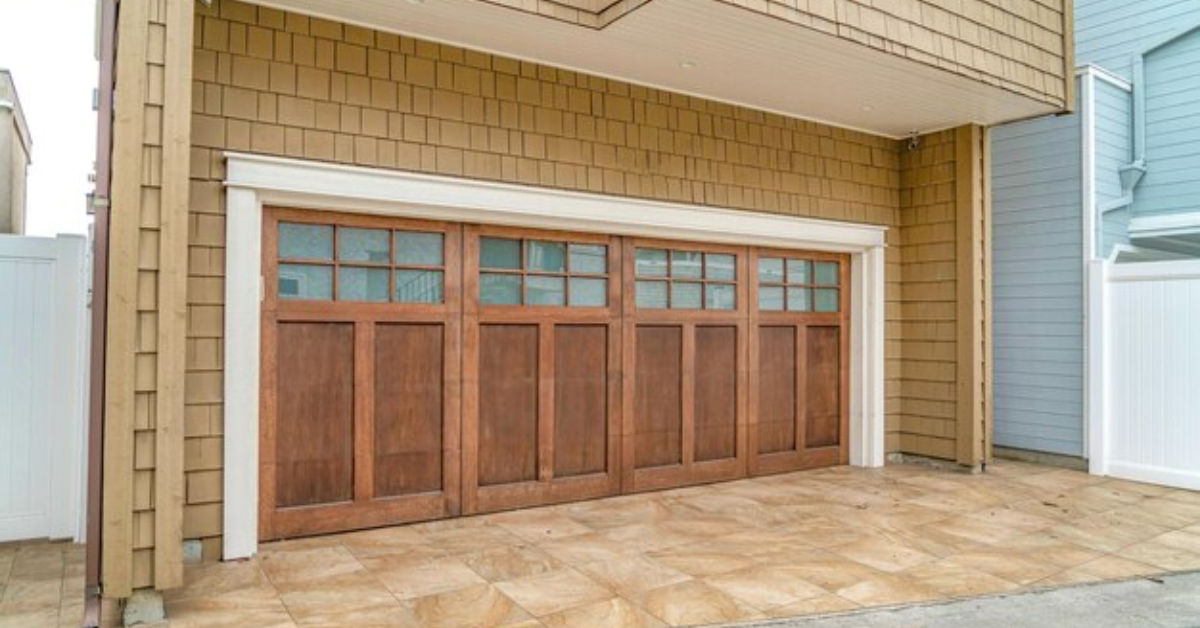Are Garage Doors Covered by Homeowners Insurance?
Do homeowners policies cover garage doors?

Always review the coverage when purchasing home insurance before signing the contract. Inspect every aspect, including your garage door, to make sure it is protected.
Due to our reputation as the best garage door repair company in the business, Fix N Go Service is frequently contacted by home insurance companies to repair broken garage doors. In addition to this, we have gained the respect of the majority of homeowners insurance providers as well as their customers because of the caliber of service we offer. Therefore, it is very likely that your insurer will contact us to repair your broken garage door. If not, tell them to get in touch with us if they want to be served by the greatest firm possible.
Jump to:
1. Can upgrading your garage door reduce your homeowners insurance policy costs?
2. How to determine if your garage door is covered in your insurance
3. How to file a claim
4. What to consider
Can upgrading your garage door reduce your homeowners insurance policy costs?
You might be curious as to whether installing a new garage door would affect how much your homeowners insurance will cost. Not only can upgrading your garage door increase the value of your house, but it will also lower the liability on your homeowners insurance. Your homeowner's insurance premiums may be reduced (sometimes by 10%) if you install an impact- or storm-resistant garage door.
The following garage door components are suggested for lowering accident or weather-related insurance claims:
- The most durable type of garage door you can install is a steel garage door. If you live in a hurricane or high-wind area, upgrading to a steel door would be the best for reducing garage door damage caused by weather.
- A heavy-duty insulated garage door can reduce repairs and keep the home warmer or cooler in regions with extreme cold or heat.
- Vinyl and glass garage doors can help prevent rusting, fading, denting, or cracking in regions with heavy flooding or rainfall.
- Aluminum garage doors are suitable for coastal areas since they are resistant to oxidation or rust.
- A fiberglass garage door is a good option if you want the look of a wooden garage door without the maintenance. It is also resistant to termites and denting.
How to determine if your garage door is covered in your insurance
The first item to verify is your insurance policy before making a claim. The majority of house insurance plans include coverage for garage doors.
Owner of Keystone Insurance and provider of home insurance in Utah, Brent Thurman, says the following:
Since garage doors and openers are affixed to the structure, they’re considered part of the “dwelling” from a coverage standpoint on your homeowners Insurance which includes loss due to physical breakage. This is different than mechanical failure or wear and tear…think of it more like one of your kids who backs into your garage door. It’s also covered for the usual suspects…wind, fire, hail, vandalism, etc.
You only need to confirm the details of the coverage. Normally, any harm you or a member of your family cause to the garage door will be covered by your insurance. If a third party is at fault, as when your neighbor accidently runs into your garage, then the cost of repair or replacement will be covered by that person's auto insurance policy.
Your homeowner insurance ought to be able to cover it in events of theft and damage, fire, or vandalism.
However, keep in mind that intentional damage to your garage door, as well as some natural disasters, is frequently not covered. Additionally, it is wise to confirm whether or not your detached garage door is protected if you have one.
How to file a claim
Depending on the kind of insurance that you have, filing for a claim may either be easy or quite complicated.
Definitely you will be required to submit documentation in relation to your claim. The required documentation may vary depending on the scenario.
If your claim is related to a crime, say vandalism or arson, you will typically be required to file a police report. This may also be the case if your claim is related to a vehicle accidentally crashing on your garage door. In other cases, your insurance company may require receipts for repairs made or may send an adjuster to determine the cost of repair.
Some considerations
It may be worthwhile to look into how to make your garage door more secure if it has been damaged as a result of theft. To make sure that your garage door is securely safeguarded, Fix N Go Service offers a variety of garage door openers, keyless entries, and remote controls.
If fire caused the damage, it could be worthwhile to consider fire retardant materials. Additionally, you might want to consider different options if your old garage door is prone to dents.
It's crucial to keep in mind that Fix N Go Service offers a variety of components and materials for your garage door. Additionally, we offer qualified counsel at no cost. Contact us by dialing Houston (832) 400 2992 Austin (512) 543-7324.




